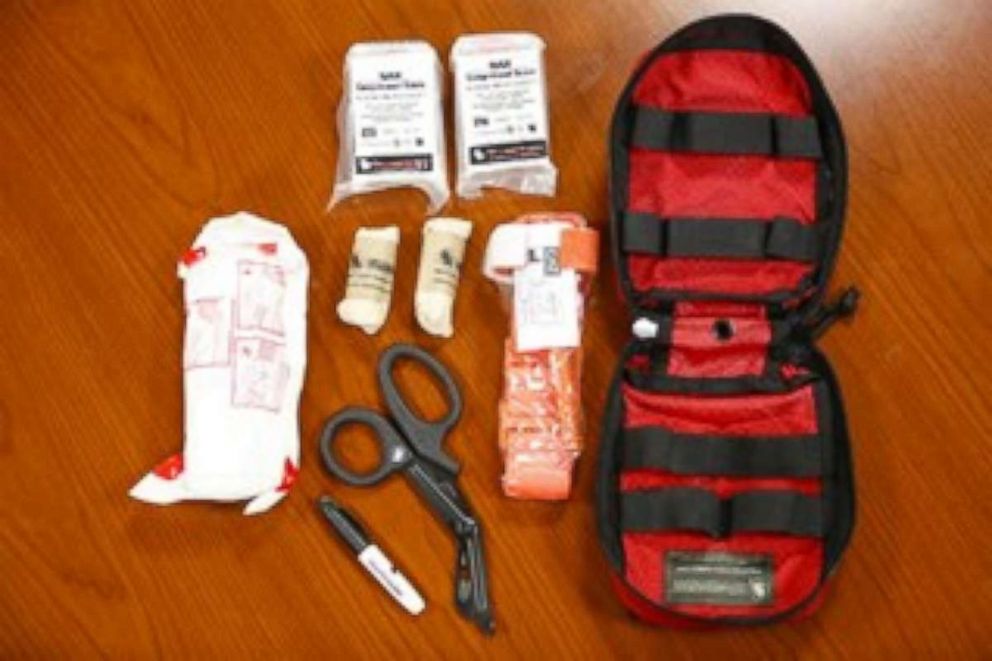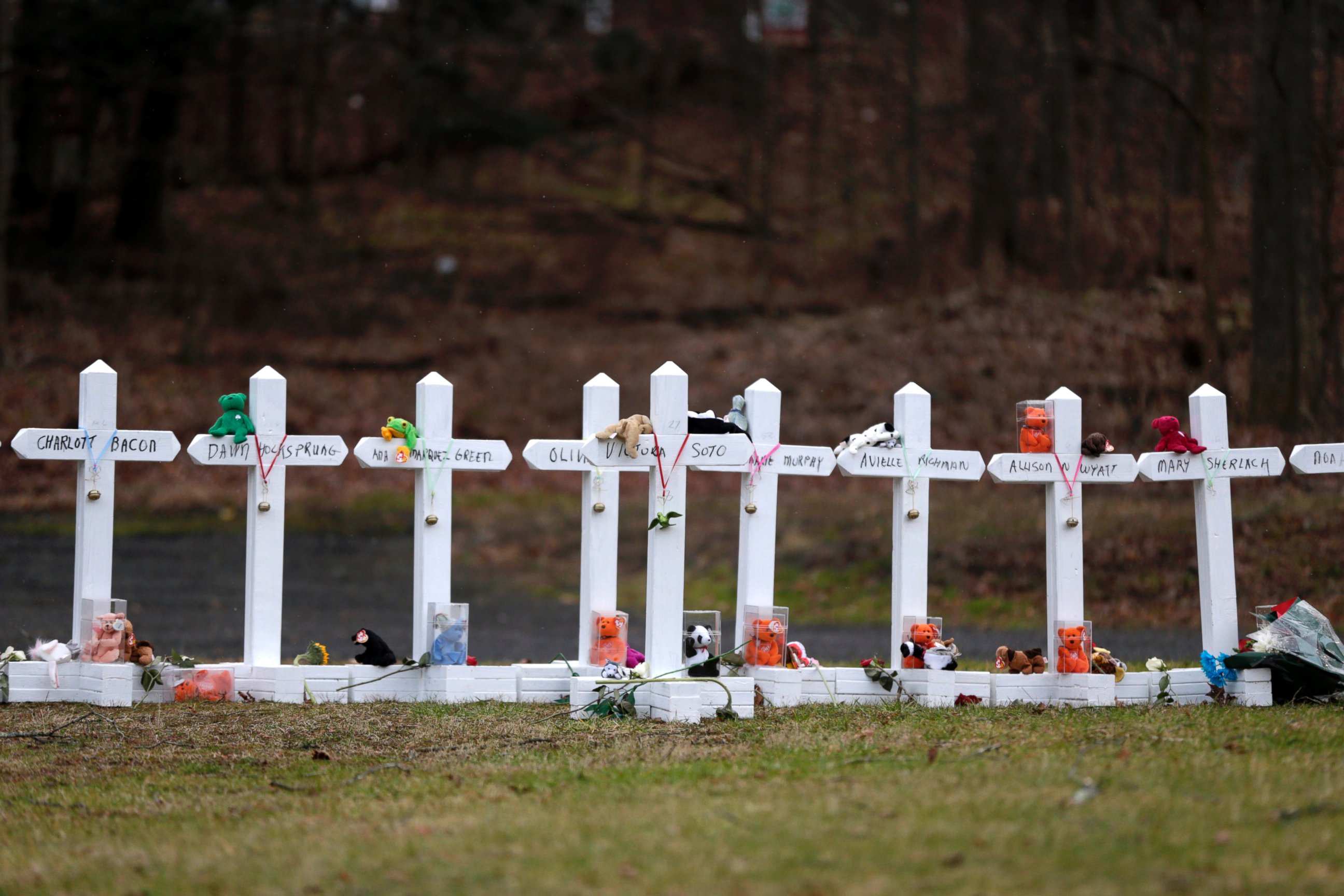'Stop the Bleed' kits part of national campaign to help prevent bleeding deaths in emergencies
The national "Stop the Bleed" initiative grew out of the Sandy Hook shooting.
As a part of the nationwide "Stop the Bleed" initiative that aims to prevent bleeding deaths after everyday emergencies, as well as mass shootings and other mass casualty situations, University of Rochester is adding kits stocked with simple emergency aid supplies.
The "Stop the Bleed" kits included tourniquets, gauze and gloves. The campaign to install them and train people how to use them grew from the 2012 Sandy Hook Elementary School shooting, in which a gunman killed 20 first-graders and six educators, according to the director of adult trauma at the Strong Regional Trauma Center and an associate professor of surgery and emergency medicine at the University of Rochester Medical Center, Dr. Mark Gestring.
Gestring, who is involved in the national "Stop the Bleed" initiative, said a trained bystander is the best person to provide immediate aid. The campaign's concept is to teach citizens to use tourniquets and apply direct pressure to wounds in an emergency, to stop people from bleeding to death.

"What's evolved since the Sandy Hook shooting is the effort to provide the education as widespread as possible," Gestring told ABC News. "This is an important skill for school shootings, but it's not predominately for that. You want to be ready for anything that might happen."

"Uncontrolled bleeding is the number-one most preventable cause of death after injury," he said. "The reality is in upstate New York, if you're riding a motorcycle on the freeway, if you're hunting, if you're playing a sport on a field that's far away from help, these techniques can be employed."
"Stop the Bleed" kits are stocked with simple, inexpensive equipment that doesn't expire: at least one tourniquet, gauze and gloves, Gestring said. Larger kits have the capability to treat multiple people at once, he added.
States have already embraced the initiative, Gestring said. Georgia has a grant putting the kit in buildings and schools across the state, while each elementary school in western Pennsylvania has a kit, he said.
"Stop the Bleed" is picking up steam in New York, as well. University of Rochester is adding more than 150 kits to its campuses starting April 1, in connection with the first-ever "National Stop the Bleed Day" on March 31. The kits will be placed in the same cabinets that hold defibrillators at the campuses, said Gestring. Training and skills demonstrations will also be available.





